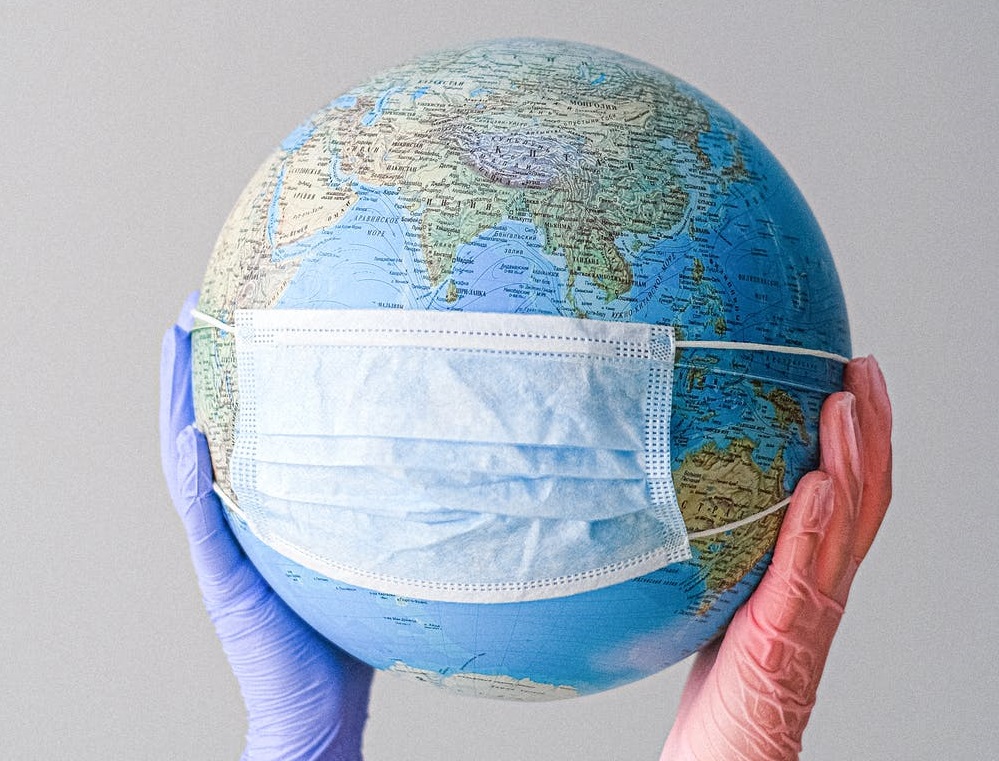Nowadays, we live in the world of information. You can’t avoid consuming it both online and offline. These are not just some simple ads, but also significant data that can guide us through the constantly changing daily life. Covid-19 has taken root in our routine since 2020 regardless of whether we wanted it or not, and for English-speaking people, everything has long been clear about the matter: all those ‘wash your hands’ and ‘keep social distance’ posters. However, the situation around the world is different.
More than half of the world’s population can’t just use Google Search to find out why they might feel unwell, because even common articles about headache reasons are not available in their language — not to mention other, more crucial symptoms and issues. This problem isn’t new, and there are organizations dedicated to bringing such important information to those people who speak local and rare languages. As an example, there’s Wuqu' Kawoq | Maya Health Alliance, a nonprofit in Guatemala that’s been providing health support in local Mayan languages such as Kaqchikel and Kʼicheʼ for 13 years.
According to a regularly updated list maintained by the Endangered Languages Project, Covid information from official sources has been created in over 500 languages by now. And when it comes to the languages that aren’t as much popular, accessible information is created by motivated local groups, including volunteer translators.
Now we see that the linguistic competence is more important than ever before: translators need to provide sufficient context about how the disease works, so that people can figure out reasonable precautions and make sure that the information is reputable. The translation challenge concerns thousands of languages, and you can’t just rely on the almighty machine translation, because there is a necessity in human specialists to convey vital information accurately and clearly to everyone, using proper grammar and inspiring confidence.
Therefore, this is the first pandemic in history where humans have the understanding of the disease and relevant precautions to avoid it, and we all — both professional translators and volunteers — can do our best to share this understanding, raising awareness and expanding the network of linguistic care to every corner of the globe.
More information on the topic is available here.



We would like to express our gratitude to Smart Business Trips LLC and Lingvista LLC, for organization and successful hosting of the APEC events in Russia...